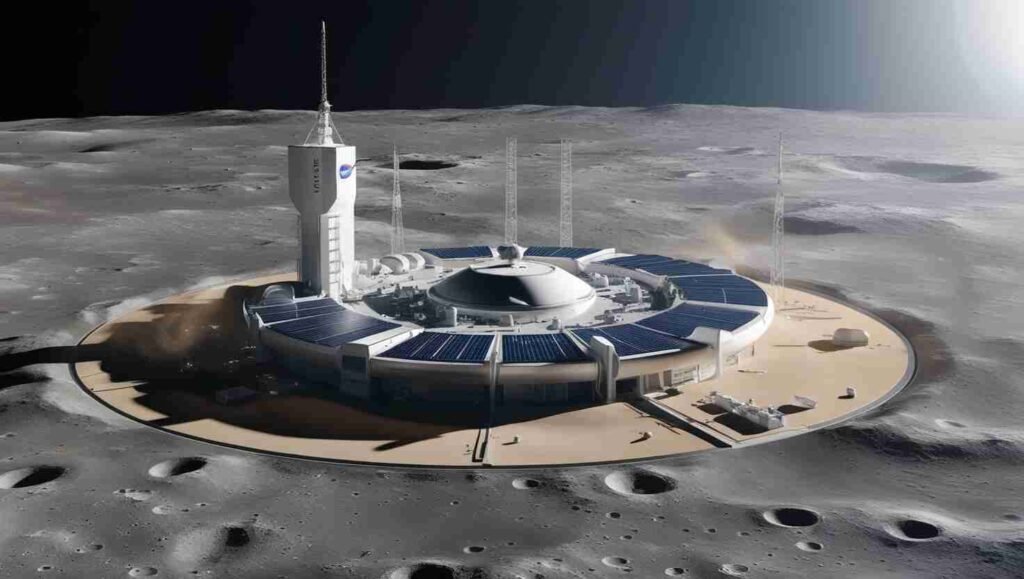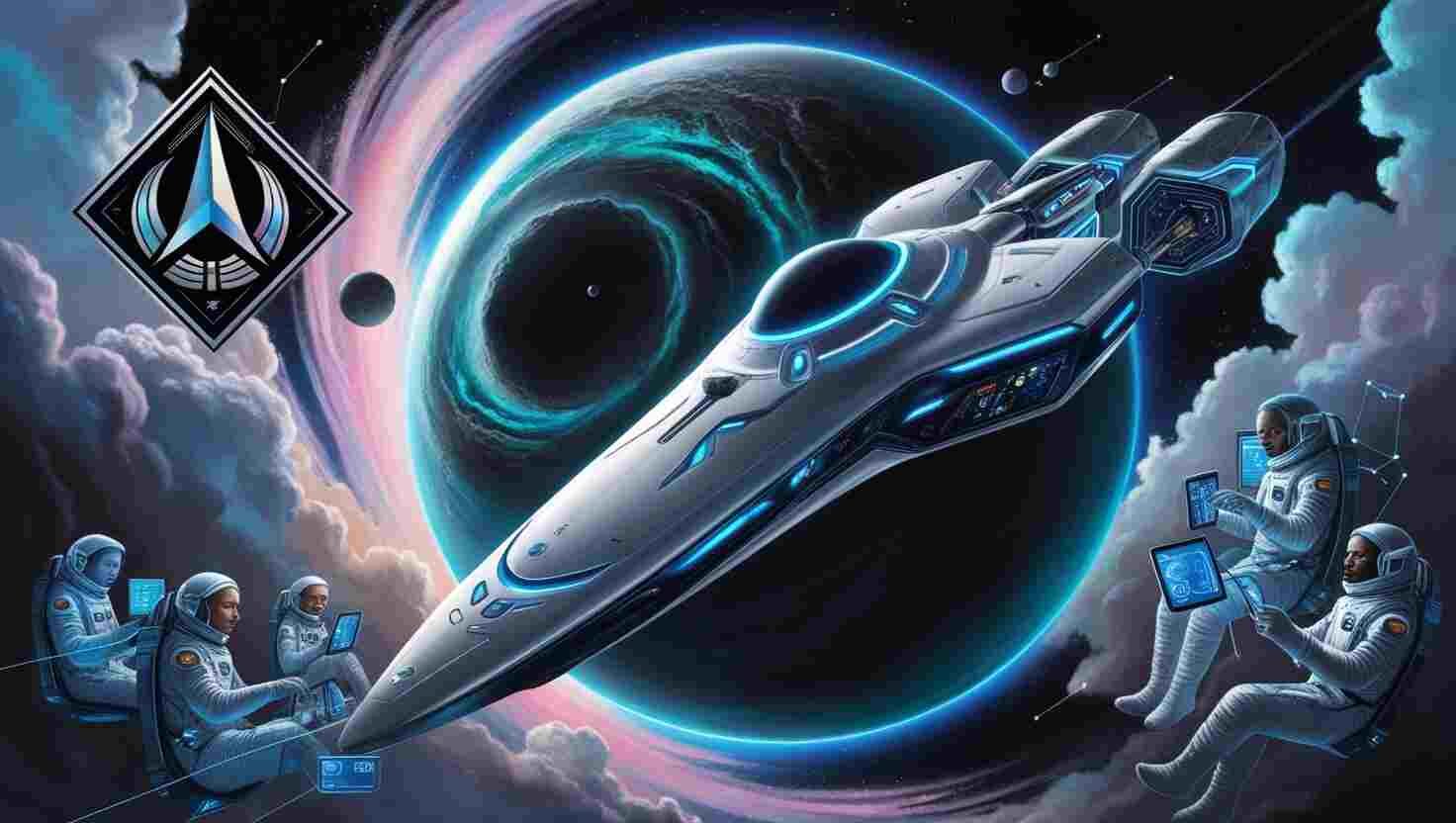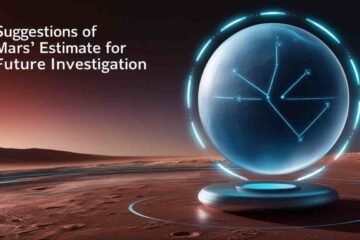Hello people! Space exploration: what is happening?
In particular, it is necessary to mention the fast development of space exploration in recent years, with new expeditions, discoveries, state-of-the-art technologies, and long-term mega projects, which expand human understanding of deep space and further develop space technologies. Everything from Martian rovers to lunar bases and exciting adventures in space is in the process of being looked at and funded again. Let’s look at some of the present-day trends that define the future of space travel.
Let’s dive in!
Aerial photograph of NASA’s earth descent location and lunar base architecture

NASA is preparing Artemis lunar missions for the return of people to the area, and this is really long-term sustainable lunar science. After this, NASA is heading to the Artemis II, the first human-crewed flight since Apollo. Planned for 2024, this mission will go around the Moon and will provide familiarization for Artemis III, where it is proposed that the woman and the next man will set foot on the Moon in 2025-,.
NASA also has a clear agenda for the Moon. However, more to the point, they are reported to be operating with world and business players to propose a lunar base in the zone that is around the south of the Moon.
Private Sector Milestones SpaceX, Blue Origin, and More
Private players’ ventures have mainly occasioned the advancement of space. Elon Musk’s SpaceX has also come very far with the Super Heavy Starship for missions to Mars and other places. Starship has been described as fully reusable, and this gives a pointer towards the ability to cut significant costs on deep space missions. At the moment, the company is flying test flights and, in the next few years, plans to send Starship to Mars.
Another company that has completed several milestones is Blue Origin, a space exploration company owned by Amazon’s owner, Jeff Bezos. Though it was initially built for space tourism, stopping short of actually making orbital flights, these New Shepard rockets have provided test subjects with sufficient suborbital tourism missions.
Mars Exploration Brief on Mars Exploration and Perseverance Rover and Future Mars Exploration
Mars is still under analysis. Since its landing in February this year, the rover has been conducting science work and also collecting Mars rocks with the capacity to provide more details on Martian existence. Some have been collected by Persistence, which the future Mars Sample Return mission, a NASA and ESA project of the 2030s, will use.
NASA’s JWST and Space Observatory Mission Programs

Originally released as a follow-up to the iconic Hubble Space Telescope, the James Webb Space Telescope, or JWST, is a brand-new sort of space observatory in every sense of the word. Starting from a distance of a million miles from the Earth, JWST has observed far galaxies and formations, star and planetary systems, and offered a first glimpse into the universe. Much more importantly, there are good chances for Webb to not only expand the audience’s understanding of the seemingly mundane astronomy occurrences but also discover traces of the extraterrestrial remainder’s capacity for life on the planet.
Conclusion
Space exploration has been at a crossroads, and some of the indicators include the accelerated lunar return, breakthroughs being declared about Mars exploration, and collaboration with the private sector. Starting with Artemis’ lunar expeditions to SpaceX’s dream of Mars settlement, these events are humanity’s expanding interest in space exploration. The next step in man’s exploration of space is even more ambitious and filled with more exciting prospects as we seek a new locale where humanity will find its true and proper role in the vast cosmos.
Waiting for us in the Universe , what could be discovered in the future?
FAQs
- How does space exploration help, or has it helped humanity?
Space exploration gives us a unique view of investigating Earth and many other systems of our universe.
- What benefits does space exploration confer on humans?
Extended human space exploration answers the most profound questions of humanity in relation to its role in the universe or focuses on the history of the solar system.
- What is the main purpose of space exploration?
Space travel is the process of travel that occurs beyond the Earth, including to the Moon or Mars, for data gathering, explorative colonization, and advancing astronautic engineering, medicine, and robotic technologies.
- What are the advantages of space travel?
Primary and secondary advantages of sending spacecraft and astronauts into outer space
New business technologies can be applied in other fields and society in general (like the case of communications satellites).
New understanding of space’s importance and the emergence of the universe.
Cultural benefits.





